
..devalue the kwacha, trim government further
…recover all stolen funds
As President Peter Arthur Mutharika has entered his second month in office, his administration remains in its formative stage, marked by mostly strong appointments, a few eyebrow-raising choices, and too many competing voices on policy.
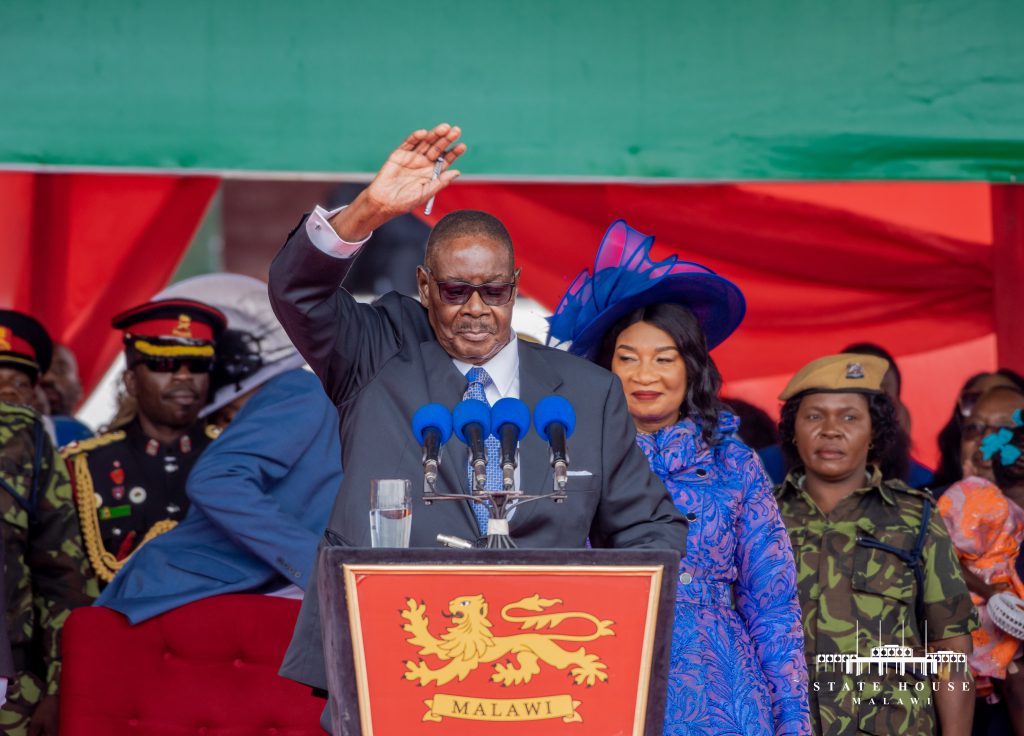
The Investigator Magazine rates his first month an eight out of ten, deducting two points for politics and loyalty. The broader expectation among Malawians, however, is unmistakable: he must make tough decisions now rather than later if the public is to remain on his side.
His situation invites comparison with his predecessor. Lazarus Chakwera spent five years insisting he was still “kufinya zithyupsya,” waiting for elections before firing thieves. To many Malawians, he became a symbol of indecision. Mutharika, twice elected from the opposition, begins by moving quickly to honour his key promises. Fertiliser at K10,000 for 1.1 million beneficiaries is a major commitment, though early rains and Malawi’s slow public service will test whether rollout occurs before mid-December.
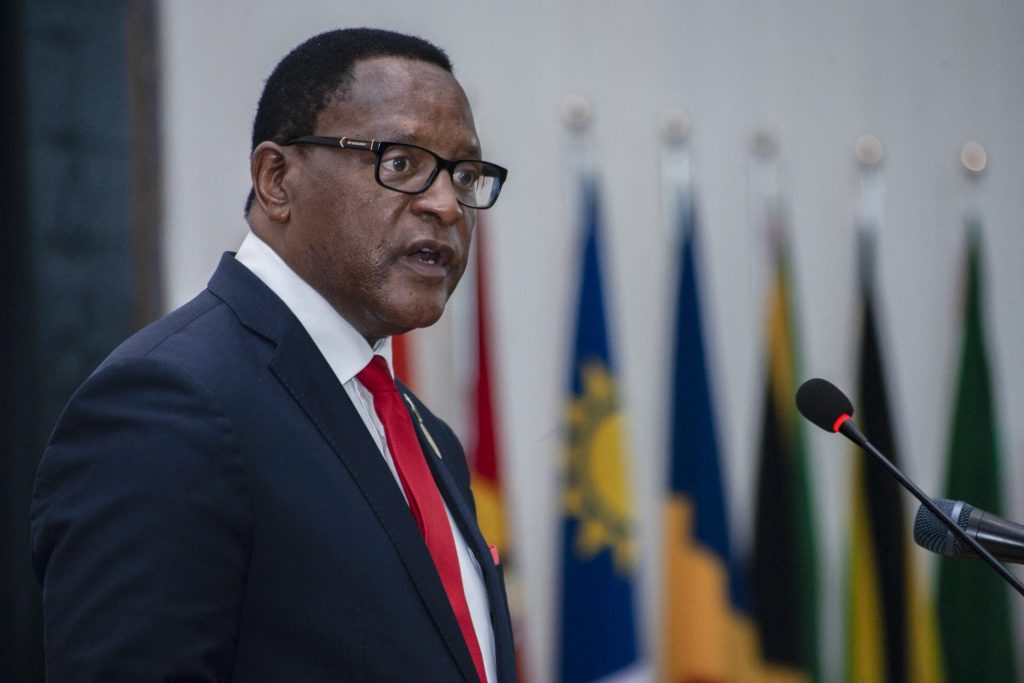
His narrowing of cabinet, targeted expenditure reductions, promised free secondary education from January, and use of delegation have earned him strong public approval, even as citizens expect tangible results soon.
This expectation is particularly acute in agriculture, where political newcomer Rosa Fatch Mbilizi, an experienced tax administrator, enters a sector dominated by corruption and cartels. She must deliver maize and fertiliser by January 1, 2025, while preventing price surges amid reports that MCP beneficiaries from the looted K48 billion mega farm programme are hoarding commodities.
Mutharika’s phone call to Zambia’s President Hakainde Hichilema was a shrewd political move, but actual delivery of cheap maize across the country remains the true challenge. With fertiliser formally priced at K10,000 and the policy already launched, Mbilizi’s performance in this short planning season will determine her position in DPP’s evolving political landscape.
The energy and mining portfolio, now combined to save resources, presents the most complex governance challenge. Fuel, electricity, and minerals will collectively shape public perception of whether Mutharika is delivering on his mandate.
The appointment of Jean Mathanga, another political rookie, signals a strategy of placing less politically entangled individuals in sensitive positions where personal gain has often overshadowed public delivery. However, expectations are intense. Power was stable during the elections, and so explanations for prolonged darkness, such as the alleged 31MW loss, have not convinced the public. Rationalising power supply, controlling outages, and investing in solar, hybrid, and smart energy sources are urgent tasks.

Fuel remains even more delicate. The crisis is tied to mismanagement under the previous administration, with audios circulating of Chakwera’s aides boasting about drafting winning bids for suppliers. Although supply has begun to stabilise, forex shortages, a looted treasury, and corrupt contracts complicate recovery efforts.
Mathanga must negotiate long-term fuel supply contracts and push mineral revenues into the public purse while relying on regenerated forex for timely payments. At NOCMA, new chair Justin Saidi must avoid the personalised decision-making style associated with Colleen Zamba and withstand pressure from those seeking to become fuel suppliers. The longer these issues persist, the more public confidence will erode.
The economy remains the single greatest threat to national stability and the most urgent priority for the new administration. It was economic collapse that brought down the MCP government, and today’s soaring food and fuel prices and rising cost of living continue to destabilise households. Joseph Mwanamvekha’s appointment as Minister of Finance is widely regarded as sound; he is detail-oriented, politically authoritative as DPP deputy, and trusted by the President. Still, public patience is limited. Malawians expect tough medicine but also expect a clear plan.
The coming mid-term budget may provide the moment for a reset. A critical short-term measure is returning the kwacha to its real value, estimated between K2800 and K3500 to the dollar, to collapse the parallel market. Though this will affect prices, most traders already use black-market rates; large manufacturers will have to adjust. Yet the decision to retain Dr. Mafuta Mwale as Reserve Bank Governor remains a puzzle.
Mutharika could draw on experienced Malawian economists such as Francis Pelekamoyo, Elias Ngalande, or Maxwell Mkwezalamba, or even recruit internationally. What is needed is someone the President trusts to make sound monetary decisions. Mwale’s foreign exchange law, which drained rather than filled FDCAs, lingers as a major concern.
Beyond the economic and production sectors, other ministries present mixed signals but heightened expectations. Homeland Security under ex-security personnel is a promising direction. Former Inspector General Mukhito must restore passport processing, motivate prison officers, and address police corruption and political bias. Norman Chisale’s role as deputy will not be judged by how many political rivals are jailed but by whether security improves for all Malawians.
Health, led by another rookie and a woman, will be judged after the delivery of quality healthcare for the poorest of the poor; and Transport, now under Feston Kaupa, inherits the unfinished work of Chakwera’s infrastructure programme. Completing the Chingale Road in Zomba, Makanjila in Mangochi, the M5, and the Rumphi-Chitipa via Nyika road is essential.
Ambitious but feasible additions, such as dual-laning the M1 from Lilongwe to Blantyre using toll-gate revenue, constructing a new Illala 3, improving rail systems, and expanding feeder roads, could form the visible legacy of Mutharika’s second return to State House.
Technical heads of ministries and parastatals form another battleground. The current mix includes returnees from what some call “Guantanamo OPC,” new faces appointed in haste, and others with patchy performance histories. Their effectiveness will shape ministerial outcomes.
Concerns persist that many are linked to the Chief Secretary. Reform is necessary but should be strategic, heads should roll where political incompetence has damaged key sectors, not simply to reappoint DPP loyalists. Malawi needs competent public servants who can restore functionality. Upcoming board appointments will reveal whether Mutharika prioritises appeasement or genuine delivery.
A final defining test for the administration is the tracing of looted funds. Estimates suggest over K200 billion was borrowed and stolen, with additional billions missing from various agencies: over K3 billion cash at MCP headquarters, K2.5 billion at SMEDI, and large sums at Roads Authority, NEEF, Treasury, Agriculture, and from the passport deal—whose Madras contract should be cancelled.
The most significant scandal remains the US$29 million paid to Dobadoba’s in Oman for fuel that never arrived. Freezing the accounts of the top 15 MCP operatives could immediately recover between K50 billion and K100 billion. The Investigator Magazine’s exposés contain much of the relevant detail.
For Malawi’s seventh president, the next steps demand courage: devaluing the kwacha, trimming government further, restoring fiscal discipline, stabilising fuel supplies, delivering agricultural inputs on time, restructuring the public service, and recovering the billions looted under the previous administration. Only through tough, decisive action can his government shift Malawi toward stability and growth.

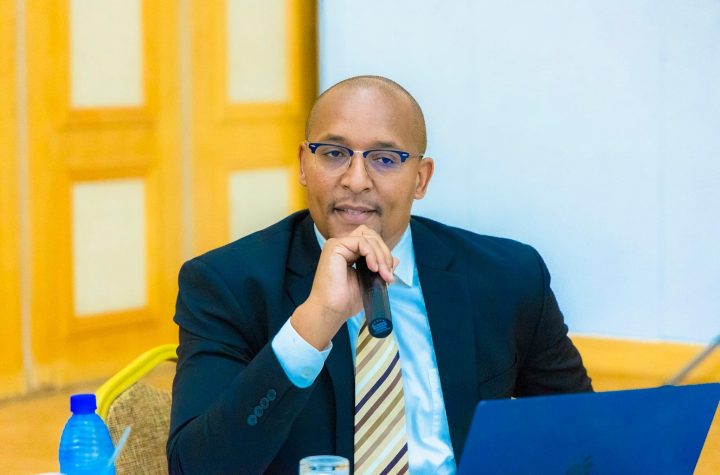
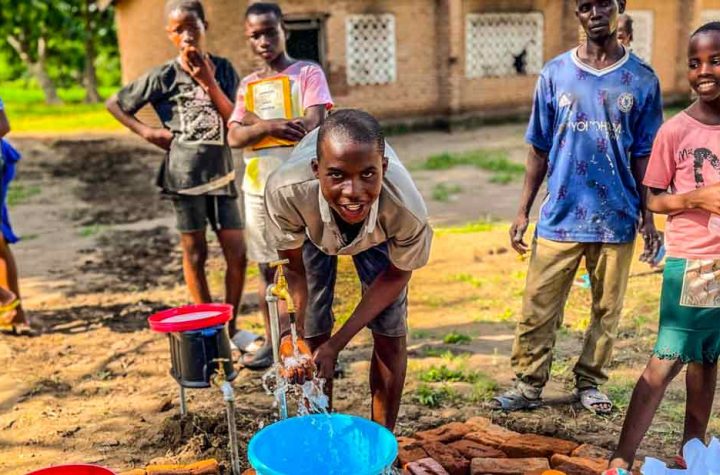
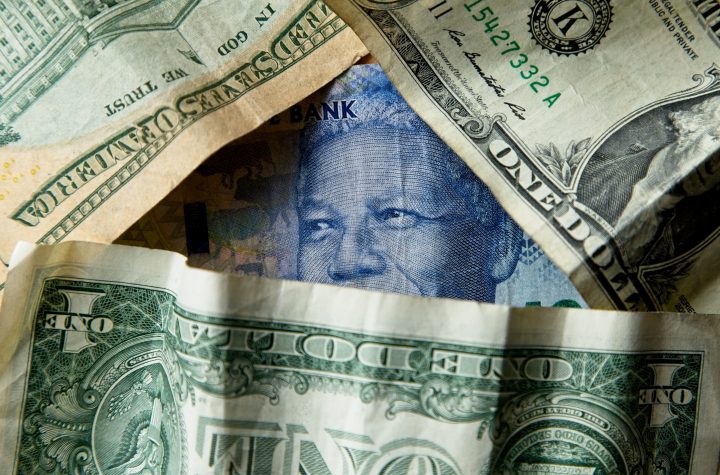
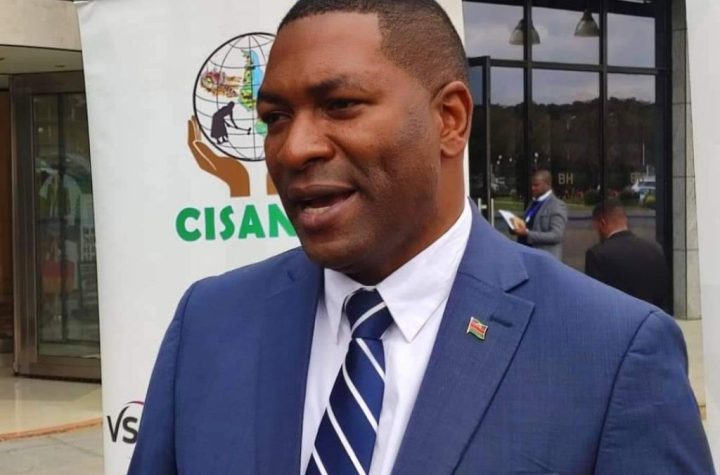
More Stories
MACRA DG Daud Sulieman fired
West, not east gives Malawi more
Bank cartels fleece Malawi forex